Environmental Economy
Environmental sustainability is an integral component of the Sustainable Development Goals. It influences multiple dimensions of development interventions, such as improving basic infrastructure, providing clean and safe water and sanitation, enhancing solid waste management facilities, fostering a convenient and accessible transport system, providing affordable and clean energy sources, and exploiting natural habitats and biodiversity. The integration of these factors is crucial for economic growth, and as a result, they contribute to bridging inequalities and decreasing poverty gaps. Pakistan faces significant environmental pollution, land degradation, and water and air pollution problems. The country is ranked 169th out of 180 on the Environmental Performance Index. Pakistan maintains a forest cover area of 4.5 million hectares, or 5 percent, compared to the EPA's recommendation of 12 percent of total land, of which 3.4 million hectares exist on state-owned territory and the remainder on communal and private land. The rapidly growing population, coupled with poverty and lack of awareness, leads to illegal and unsustainable logging. The over-harvesting of wood for fuel and charcoal continues to cause deforestation. Industrial pollution is largely unregulated and is likely to worsen if economic activity is not supported by sustainable development. In Pakistan, environmental deterioration is intrinsically connected to poverty. Environmental deterioration is a cause and a consequence of poverty in Pakistan, as it is worldwide. The deterioration of the environment continues to harm livelihoods and health, increasing the poor's susceptibility to natural disasters and environment-related conflicts (UNDP Pakistan; Pakistan Economic Survey 2020–21; Environmental Performance Index). The CEPD provides a comprehensive policy framework for addressing environmental issues, including climate change, soil erosion, desertification, flooding, pesticide use, natural disasters, and environmental protection laws.

